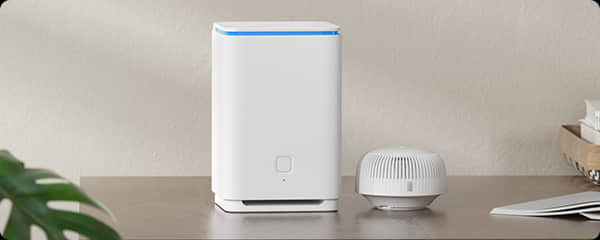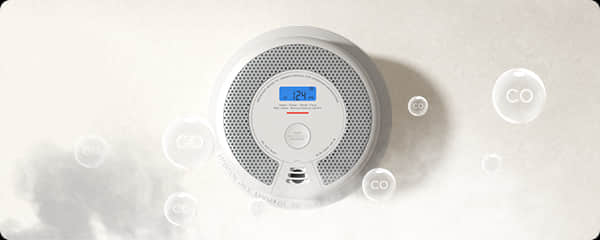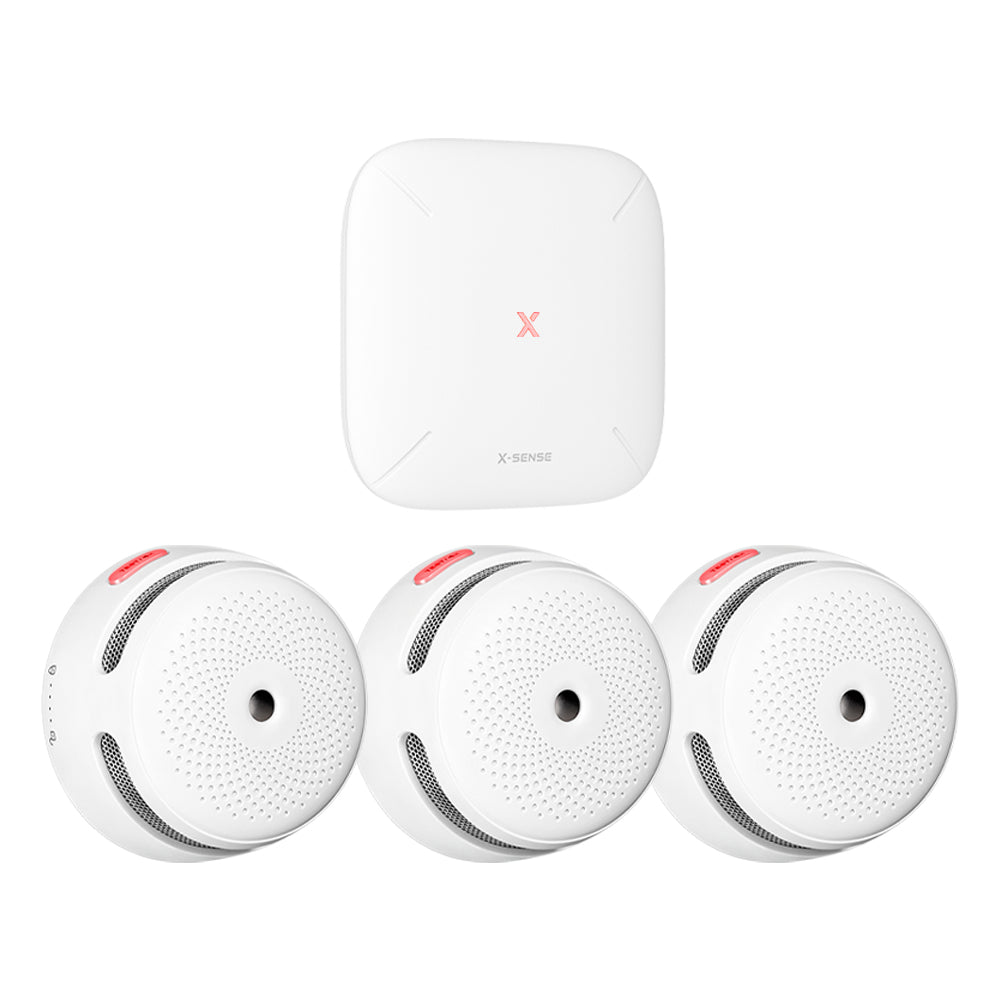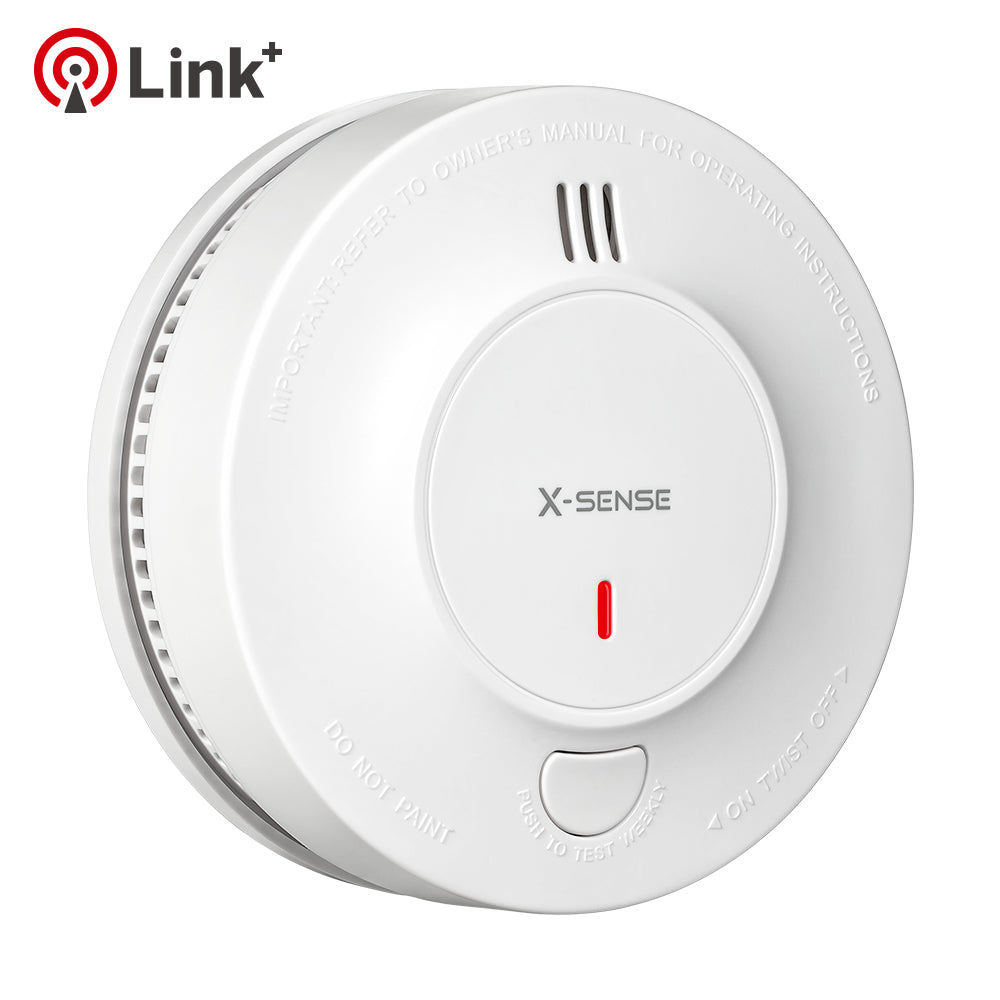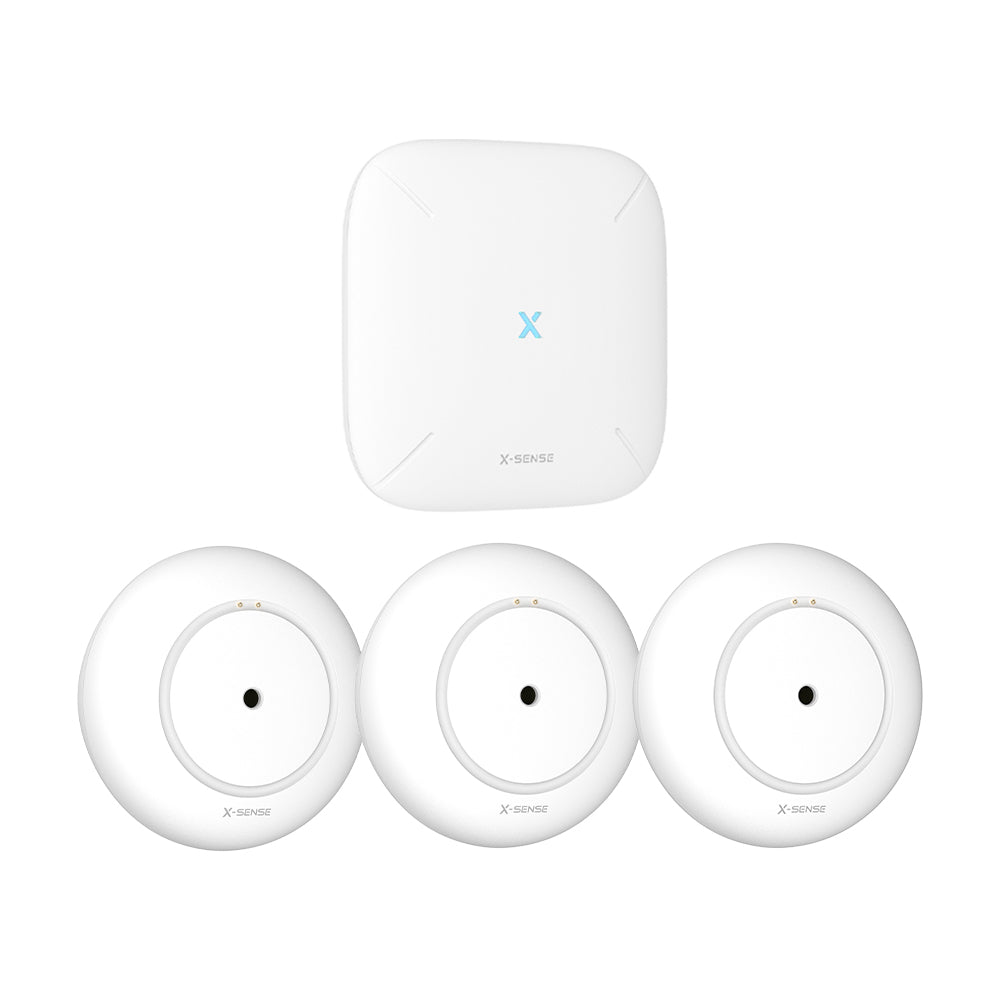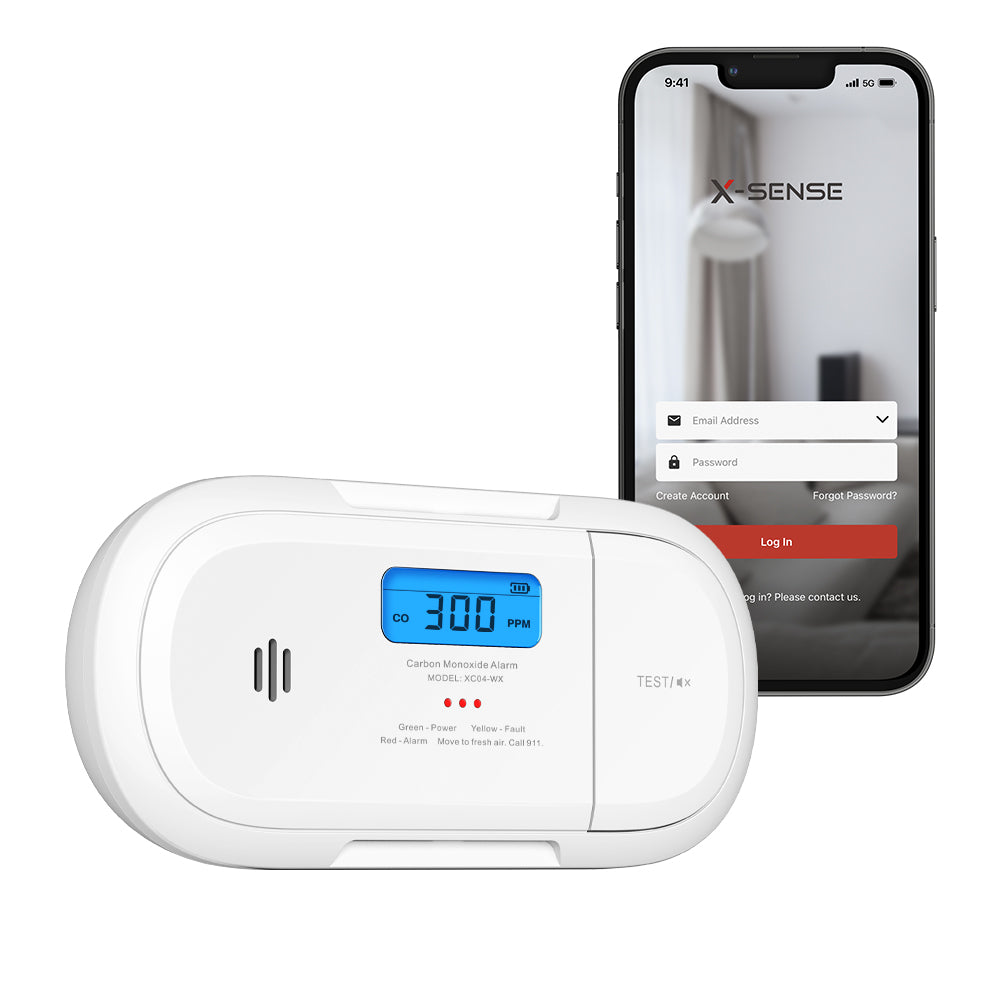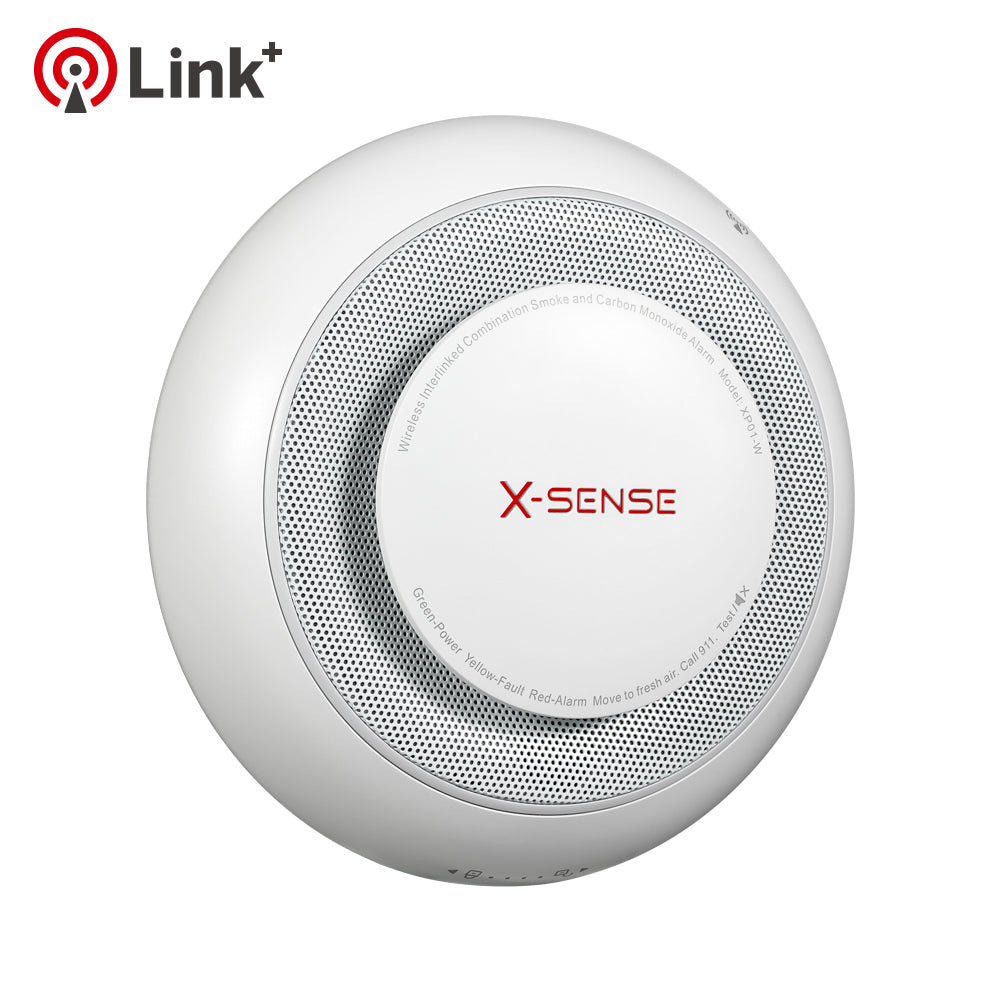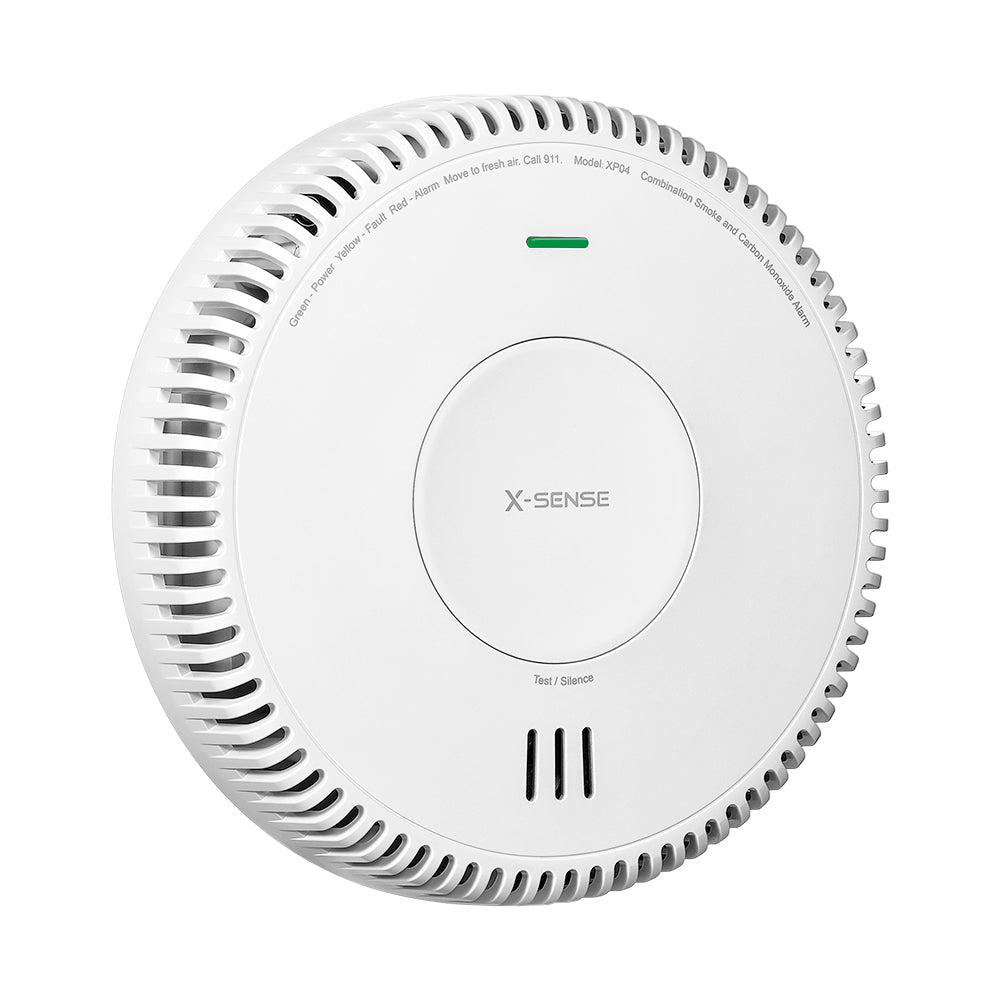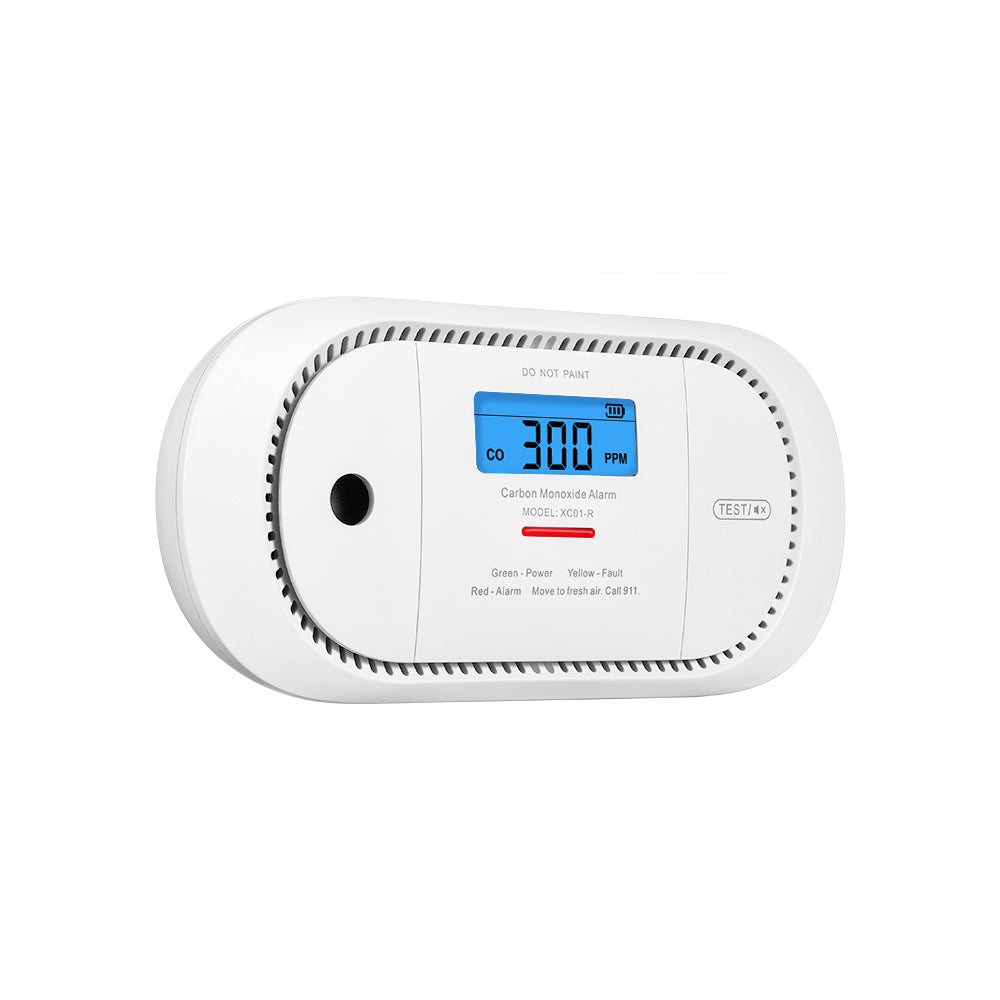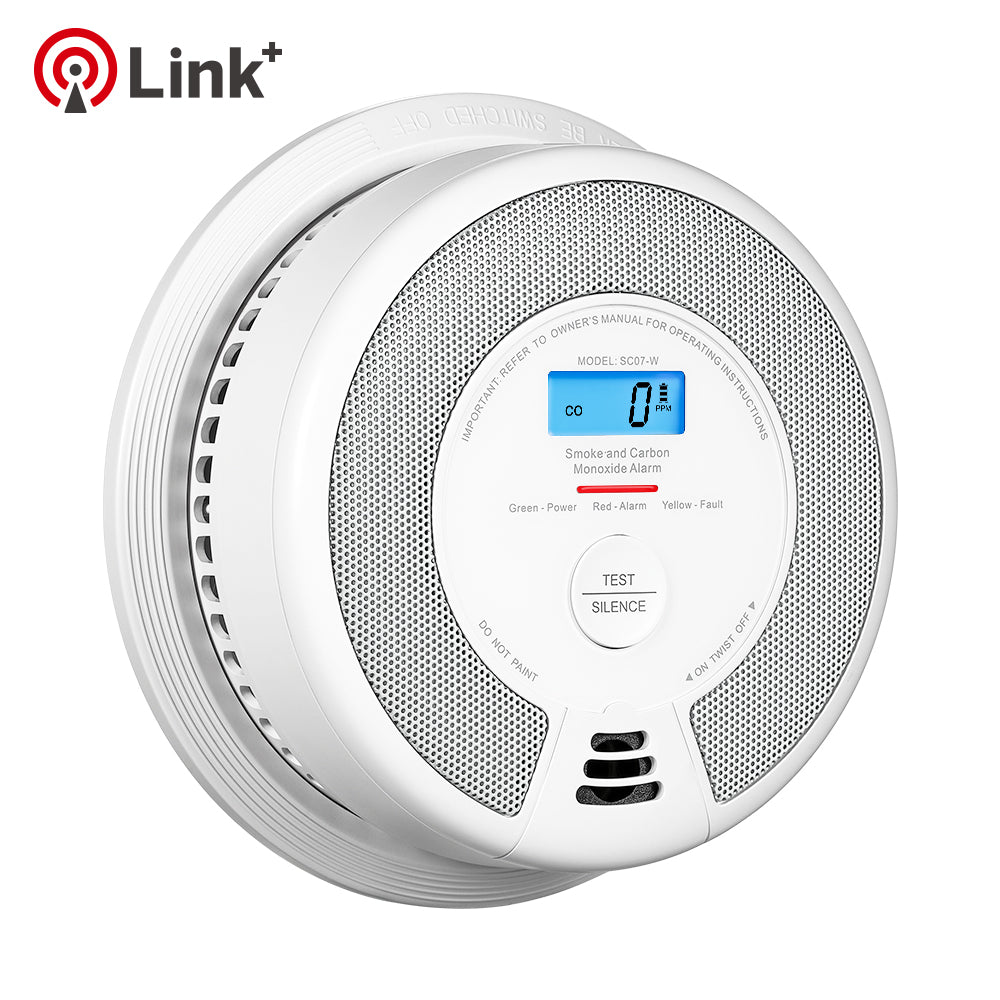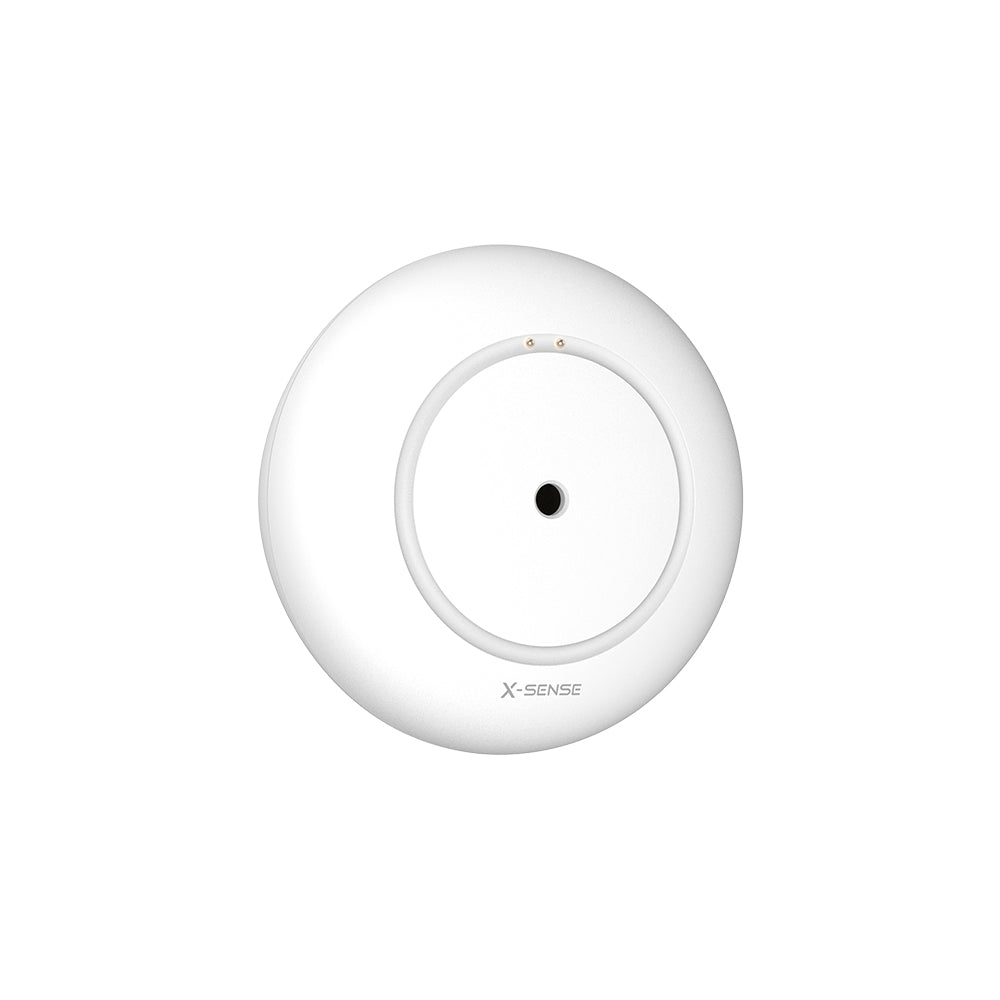Can Your Carbon Monoxide Detector Sense Natural Gas? Here's the Truth
Tue, Apr 16, 2024
Understanding the capabilities and limitations of your home safety devices is vital in ensuring comprehensive protection. Carbon monoxide (CO) detectors are a critical part of home safety, but there's often confusion about whether these devices can also detect natural gas. This article aims to clear up that confusion and help homeowners make informed decisions about their safety equipment.

The Specifics of CO Detectors
CO detectors are designed to detect carbon monoxide. This gas is colorless, odorless, and can be lethal, making it essential for detectors to be highly sensitive and specific to CO. When CO reaches a dangerous level, these detectors sound an alarm, alerting you to the immediate danger.
The Role of Combination Detectors
On the other hand, combination detectors are engineered to detect both CO and natural gas. They offer a two-in-one solution that can be particularly convenient for monitoring multiple potential hazards in your home. While they cover more bases, it's important to understand that they also come with their own set of specifications and considerations.
Advantages of Each Detector Type
- Specialized in detecting CO with high accuracy.
- Often have a longer lifespan than combination detectors.
- Some models come with advanced features for CO detection, such as digital displays or connectivity.
Combination Detectors:
- Provide a broader range of detection, sensing both CO and natural gas.
- Ideal for homeowners who want a streamlined approach to gas detection.
- Can be more cost-effective than purchasing separate detectors.
Making the Right Choice for Your Home
When deciding between a CO detector and a combination detector, consider the following:
- Your Home's Layout: The location of potential gas sources may influence the number of detectors you need and their type.
- Installation and Maintenance: Think about how many devices you want to maintain and the ease of installation.
- Peace of Mind: Determine what level of protection makes you feel most secure in your home.
Conclusion
Both CO detectors and combination detectors have their place in a well-protected home. It's not about which is better, but which is more suited to your specific needs. Assess the potential risks in your home, understand the capabilities of each detector type, and choose the one that aligns with your safety requirements. Remember, the most important thing is that you have the necessary protection to keep you and your loved ones safe.
